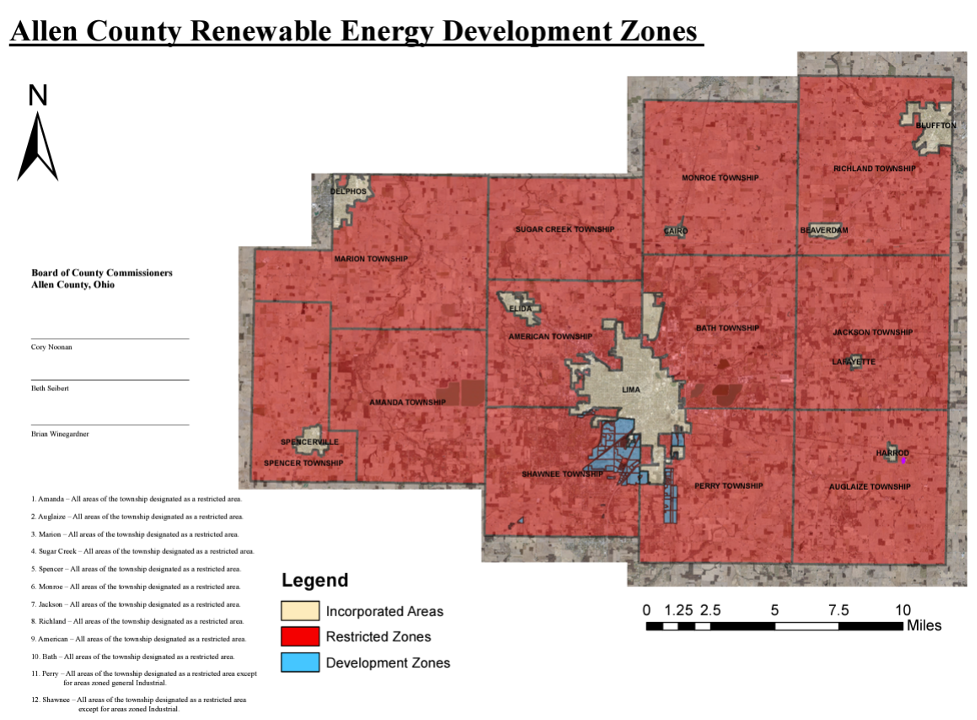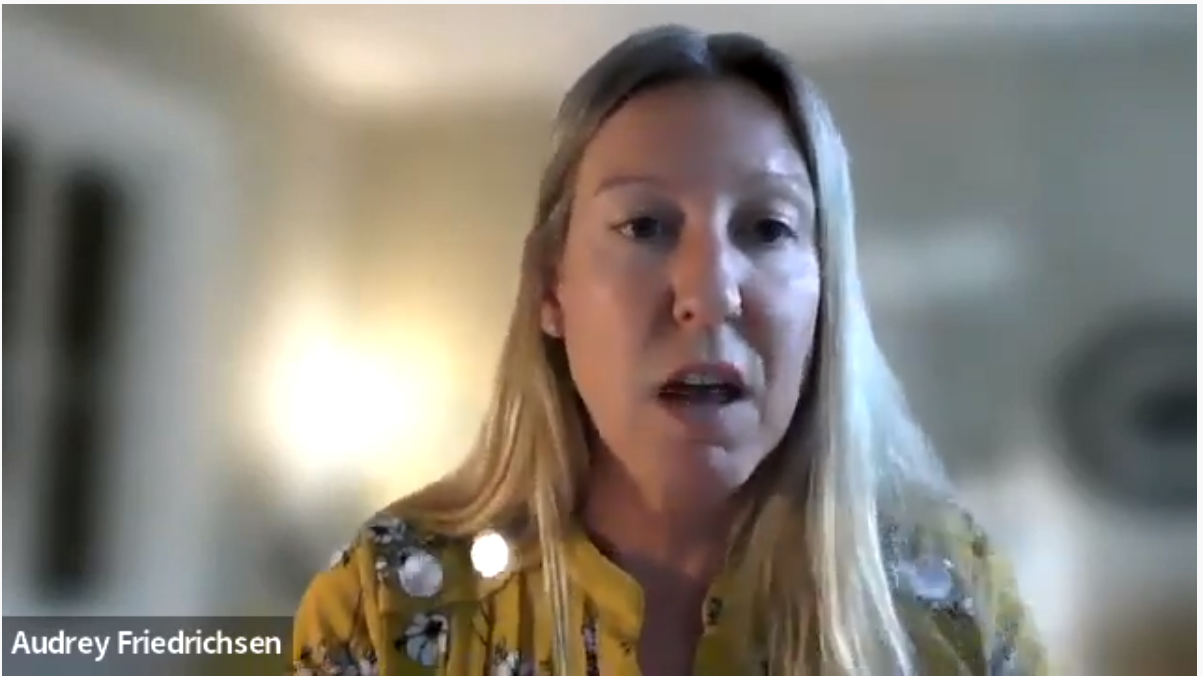Renewable energy projects have encountered significant opposition in at least 45 states. In addition, at least 228 local laws, ordinances and policies have been enacted in 35 states to restrict renewable energy projects, according to a report, Opposition to Renewable Energy Facilities in the United States, issued on May 31 by Columbia Law School’s Sabin Center for Climate Change Law.
This report updates and considerably expands two previous Sabin Center reports, published in September 2021 and March 2022. The report’s state-by-state catalog describes local and state restrictions against the siting of renewable energy projects (primarily wind and solar), as well as instances of organized opposition against individual projects from 1995 through May 2023. As the report describes, in many instances, local opposition has led to cancellations, delays, or reductions in the size of projects. The report also describes, where applicable, state laws that preempt or curtail local restrictions.
The 228 local restrictions described in this report include 59 new restrictions (adopted post-March 2022) and 58 previously overlooked restrictions (adopted pre-March 2022). The 9 state-level restrictions in this report include 1 newly adopted restriction (post-March 2022) and 3 previously overlooked restrictions (pre-March 2022). The 293 contested projects in this report include 82 new controversies (post-March 2022) and 24 previously overlooked controversies (pre-March 2022). These top-line figures, however, are only indicative. While the report includes all of the restrictions and controversies that we have determined meet our criteria, it does not purport to be exhaustive.
Highlights from the report include:
- Until October 2022, the Ohio Power Siting Board had never rejected an application for a solar energy project. Since October 2022, however, the Board has rejected at least three such applications (Birch Solar, Cepheus Solar, and Kingwood Solar). In addition, between April 2022 and March 2023, at least 11 counties in Ohio adopted binding resolutions to prohibit large renewable energy projects in all of their unincorporated territories or very large swathes of those territories. There are now at least 13 counties in Ohio that have adopted such resolutions since October 2021, when a state law allowing counties to establish restricted areas went into effect (these include Allen, Auglaize, Butler, Crawford, Columbiana, Hancock, Knox, Logan, Marion, Medina, Ottawa, Seneca, and Union). See, for example, a map of restricted areas in Allen County, Ohio below.
- In March 2023, Buffalo County, Nebraska, adopted an exceptionally restrictive wind ordinance, which requires that turbines be set back 3 miles from the nearest property lines and 5 miles from any village or city. At the time of publication, at least 8 other Nebraska counties also require that wind turbines be set back by at least 1 mile from either property lines or dwellings, including Wheeler (5 miles from dwellings), Thomas (3 miles from property lines), Hamilton (2 miles from property lines), Dakota (2 miles from dwellings), Brown (1 mile from property lines), Gage (1 mile from property lines), Otoe (1 mile from property lines), and Jefferson (1 mile from dwellings). Meanwhile, Stanton County has effectively banned commercial wind projects altogether.
- In Virginia, at least 7 counties adopted restrictive solar ordinances or moratoria between June 2022 and May 2023 (these include Charlotte, Culpeper, Franklin, Halifax, Page, Pittsylvania, and Shenandoah). Some of these are exceptionally burdensome. For example, Pittsylvania County now prohibits the construction of any solar farm within 5 miles of any other solar farm and limits utility-scale solar projects to 2% of the total acreage of any zoning district. Franklin County has imposed a countywide cap of 1,500 acres for all ground-mounted solar projects.
- Across the Midwest, there has been a growing movement to prohibit solar energy systems from farmland. Since September 2022, at least two Michigan townships (LaSalle and Milan) have adopted ordinances limiting utility-scale solar energy projects to industrial districts and prohibiting such projects on land zoned for agricultural use. In neighboring Wisconsin, four towns in Dane County (Deerfield, Dunn, Springfield, and Westport), have policies to restrict solar from agricultural land.
These and other instances of local opposition to renewable energy facilities across the United States present a serious obstacle to meeting state and federal climate targets and reducing greenhouse gas emissions.
The report – Opposition to Renewable Energy Facilities in the United States – was prepared as part of the work of the Sabin Center’s Renewable Energy Legal Defense Initiative (RELDI). RELDI conducts independent research on issues related to siting renewable energy infrastructure and provides pro bono legal representation to community groups and local residents who support renewable energy developments in their communities. More information about RELDI can be found here.
Matthew Eisenson is a Senior Fellow at the Sabin Center for Climate Change Law, where he leads the Renewable Energy Legal Defense Initiative (RELDI).





